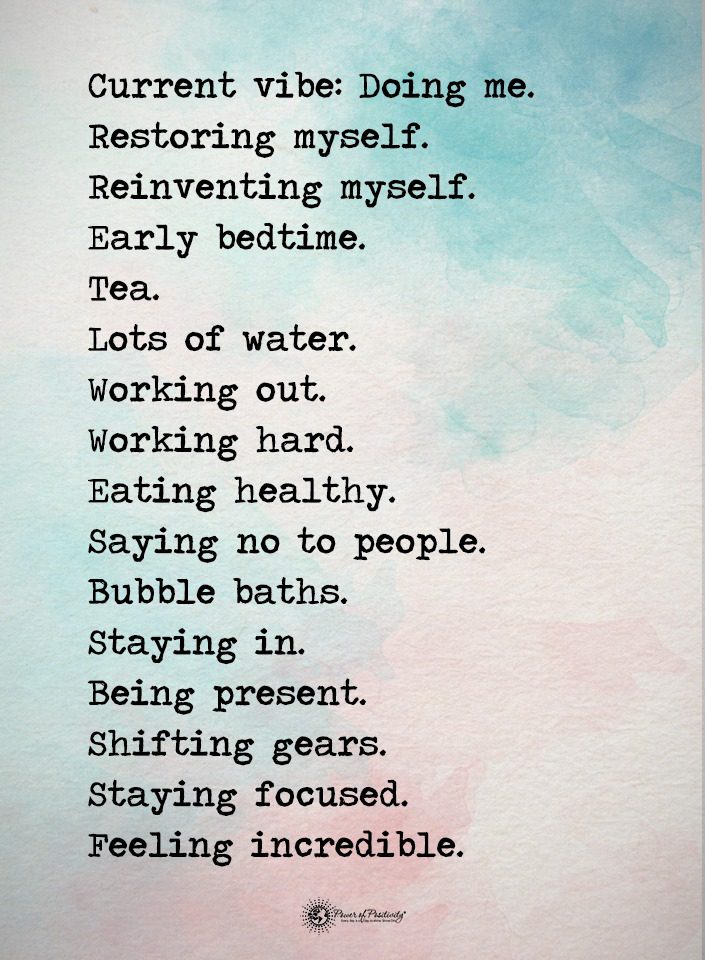If you reminisce, you will probably find that you used to read a lot. Most kids do, as books offer the opportunity to escape the real world. In addition, many kids’ books are fantasy, so they create new worlds to explore. This escape is one of a book’s most attractive qualities–it can transport you into better or different places.
But, as you grow up, reading about dragons and magic seems silly, and most adult books are non-fiction or seem boring. Moreover, literature has never received a fair portrayal in society. So, while impressive, the literature taught in school doesn’t always leave a good impression. That’s because it’s not fit for teenagers and because of how schools present it. That’s why many people read less and less.
They get a bad taste of what reading could be, and then they never find something that suits them. Many people don’t think there’s a point in reading, anyway. But that’s where they’re wrong. Jumping into a good tale isn’t just fun. It doesn’t just teach you new things. Not to mention that you can never get the complete picture of a topic by simply reading about it online. If you want to understand a scientist’s stance on a topic, you’re always better off reading their study.
But let’s say you don’t see a point in non-fiction. Maybe you don’t think you’ll learn anything valuable. That doesn’t take away from the value of the book. Because when you read, it affects your body. It doesn’t matter what you read. The simple act of sitting down with a book and skimming over the words makes a difference. And the same benefits of reading are listed below.
Here are the six benefits of enjoying a good page-turner each day.
1 – Reading Strengthens The Brain

Reading changes the brain in the most literal sense. And it doesn’t even matter what you read. Sure, reading non-fiction will be more mentally challenging. But reading any old book will strengthen your brain. This strengthening occurs because reading will stimulate parts of your brain you rarely use in your daily life.
And it’s not about logic and sharpness. It’s more about how the words you consume bloom into emotions and feelings. Studies show that when people had a book to read, their brains became more engaged in certain scenes. When researchers looked at MRIs, they noticed that certain brain parts lit up as tension built in the story. This response signals that, throughout the reading period, brain connectivity increased.
Those stimulated areas worked faster and were more synchronized. Interestingly, the somatosensory cortex, which reacts to physical sensations, experienced the most change. That would mean reading a book stimulates the same area as a workout. If you incorporate this practice into your routine, these changes will last. Indeed, even skimming through a few pages daily can strengthen your brain and make you sharper.
2 – Books Enrich Your Vocabulary
One of the best things about reading is that it enriches your vocabulary without trying. Without reading, you could only do that through active learning. You would have to open a dictionary and make an effort to memorize words. And even then, there’s a high chance you would forget them. Or you would find it difficult to understand how to use them in context.
The best thing about reading is gradually incorporating new words into your vocabulary. This effect is beneficial if you start reading from a young age. That way, you can learn words that are on par with your level of understanding and needs. And it will never seem like a task.
You won’t have to learn actively. You’ll find that you know the words you need when you need them. A good vocabulary will help you have better opportunities. For example, you’ll be able to land better jobs. Overall, you’ll be able to communicate better.
3 – Reading Makes You More Empathetic
Books are unique in that they allow you to imagine things you would have never come in contact with otherwise. Whether fiction or non-fiction books, they transpose you into entirely new worlds. Plus, you always accompany someone on their journey when you read a book. You learn why they act the way they do and what core values they hold dear.
You understand why they took specific actions, regardless if you think those actions are good or not. Morally grey characters are potentially the ones people become most empathetic of. Say someone stole some food from a grocery store. In real life, you would only see them stealing and automatically think they’re doing something immoral.
But say a character from a book stole that food. In that storyline, you could learn that the family is poor and have three children to feed. The factory they worked at was torn down to make luxury apartments instead. They cannot get another job because no one deems them qualified enough. Some people could still consider that this is no reason to steal.
But most would see that their actions arose from need and fear. Reading about situations like these makes you more aware of other people’s struggles. As a result, you start to judge less and empathize more. This ability to relate to others is called the “theory of mind.” Research shows that people who read often, especially fiction readers, have a better-developed theory of mind.

4 – Books Reduce Stress
One perk of making time to read is that reading reduces stress. That’s because it allows you to escape and, at least temporarily, forget about all your daily struggles. Maybe you have associated reading with stress because most people haven’t read for fun since they were kids. But, when you give reading a real shot, you’ll see how much lighter you’ll feel.
When you read, especially fiction, your mind and imagination fully engage. The brain can focus on a single task without distractions or the need to hit a target. So, when you read, you don’t need to force yourself to read at least 100 pages per sitting.
If you have some time before sleep, sit down and read however much you like. Interestingly, reading is like meditation because it’s a repetitive task you must focus on. The words change, but the action is the same, page after page. Also, stimulating your imagination allows you to enter an altered state of consciousness.
Because of these reasons, reading allows you to be less stressed. In addition, studies show that even six minutes of reading can decrease heart rate and reduce muscle tension. So, your favorite book doesn’t only relax you mentally but also physically.
5 – Reading Slows Down Cognitive Decline
Cognitive decline is unavoidable. It’s something that happens naturally as people age. You can’t do anything to stop it from happening, but you can slow it down, almost to the point of preventing it altogether. Through this activity, you can avoid even things like Alzheimer’s disease. This outcome is because reading improves brain health.
Reading is a cognitive-based activity, much like solving problems and puzzles. The primary advantage is that reading doesn’t have to feel like a chore. Sure, some people enjoy solving math problems, but most don’t. But there’s a book for everyone. Reading stimulates the brain without feeling like a chore.
Think of it like this: the brain is just like a muscle. It needs stimulation. Otherwise, it gets out of shape. So by engaging in cognitive-based activities, you strengthen the brain. Plus, as discussed before, reading reduces stress. But it’s also associated with helping treat specific mental health issues like anxiety and depression.
Considering these things, it’s clear that a good book strengthens the brain. Studies have even supported this, showing a positive association between reading and a slower cognitive decline.
6 – Books Can Make You Happier
As you probably know, curling up with a good book is the perfect recipe for happiness if you are a reader. And it’s not just short-term happiness. It’s an overall shift in mood that is noticeable in your day-to-day life. Initially, you notice the change while you are reading. Studies show that your brain goes into a trance-like state when you read.
In this state, you don’t worry about the trouble of day-to-day life. Instead, you allow yourself to use your imagination and dream. Most people have the craziest, most amazing ideas while reading. Some even go as far as to imagine what will happen to the characters after the end of the book. This wonder feels liberating and triggers your brain to produce happy hormones, like dopamine.
But this change in mood isn’t temporary. As mentioned before, reading is therapeutic. It even helps alleviate symptoms of depression, anxiety, and other mental health issues. Of course, this is primarily because of its ability to reduce stress. But one of the other advantages of reading is that it promotes better sleep.
Especially if you read before you sleep, you’ll find that your sleep will be more sound. Usually, people fall asleep playing their day in their heads repeatedly. Their sleep is restless because the mind never truly stops stressing. But, when you read before bedtime, your night ends calmly.
That way, you don’t overthink and don’t stress all through the night. You can finally have a decent, deep sleep. You’ll even wake up refreshed. All these changes improve your mood, which in turn makes you happier.
Final Thoughts on What Happens to Your Body When You Read Every Day
Maybe you’ve heard before that you should read more. The more you learn, you can have a happier and longer life. But that doesn’t mean you believe you should. After all, many people have a skewed perspective on books. But there’s a book out there for everyone.
Fiction is not just for kids; non-fiction is not always boring. If you give it a chance, you’ll find diving into a story is not only fun. It also improves your physical and mental health. This activity has can strengthen the brain and prevent cognitive decline. It also helps decrease stress and improve sleep.
Reading also helps to alleviate symptoms of mental health issues. You become more empathetic when you escape into a story, even for a few minutes daily. But the best part is that it makes you happier.
The post Science Explains What Happens to Your Body When You Read Every Day appeared first on Power of Positivity: Positive Thinking & Attitude.




